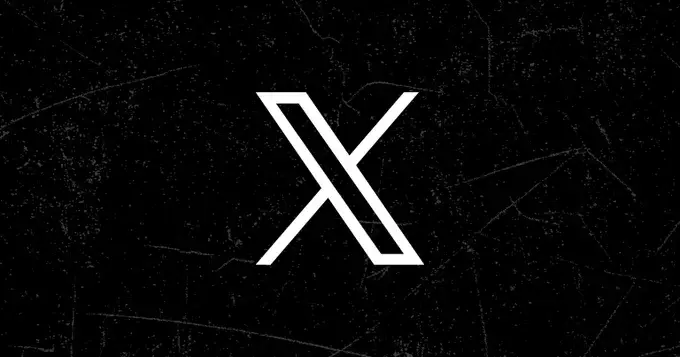The European Commission’s recent ruling concerning X, formerly known as Twitter, has stirred a mix of relief and skepticism within the tech landscape. Declaring that X does not qualify as a “gatekeeper” platform under the European Union’s Digital Markets Act (DMA) means it will not be subjected to the stringent requirements placed upon major tech giants to promote fair competition. The DMA was designed to curb the unchecked power of prominent platforms by ensuring they allow interconnectivity with third-party services, grant business users access to their generated data, and provide insight into advertisement performance.
Given this decision, the immediate narrative painted by Elon Musk and his supporters frames this outcome as a triumph for innovation and a stand against bureaucratic overreach. However, this perspective may overlook a more profound implication—namely, the indication that X lacks the market power and influence that other platforms currently possess. The EU’s criteria for gatekeeper status emphasize a platform’s substantial impact on the internal market and its role as a vital conduit for business users. By assessing X’s user engagement and market presence, the Commission found that it falls short of being a key player, thus circling back to question Musk’s strategic management of the platform.
X’s Declining User Base
An essential element of this conversation centers around X’s fluctuating user statistics within Europe. With approximately 105 million monthly active users, it’s noteworthy that this figure has diminished by around 12 million since August 2023. This decline is compounded by the mounting challenges in its advertising revenue—a primary income source for social media platforms. In sharp contrast, competitors like Meta and TikTok boast significantly higher engagement levels with 250 million and 142 million monthly active users in the EU, respectively. Such stark discrepancies imply that X’s relevance in the European market is waning, raising questions about its strategic direction since Musk acquired the platform.
Musk’s narrative of positioning X as a bastion of free speech and innovation seems increasingly tenuous against the backdrop of these declining user metrics. The choice to frame the EU ruling as a win might lead to misplaced confidence rather than a constructive reassessment of X’s trajectory. Emphasizing a battle against perceived authoritarian regulations instead of addressing engagement strategies signals a potential misalignment with user needs.
Implications for Competition and Growth
The ramifications of X not qualifying as a gatekeeper extend beyond mere regulatory avoidance; they underscore a worrying trend of diminishing competitive edge. The primary tenet of the DMA is to foster equitable marketplace conditions that empower smaller platforms and startups, allowing them a fighting chance against titans like X, Meta, and TikTok. By relieving X of stricter obligations, the decision may inadvertently stymie innovation across the tech ecosystem, as the platform remains untested by the stringent interoperability standards aimed at promoting competition.
Moreover, it is crucial to recognize that such regulatory frameworks are enacted not just to penalize market leaders but to encourage a more sustainable landscape for smaller players. Musk’s narrative, which paints the EU’s indecisiveness as a win, could be read as a refusal to engage with the serious implications of these market dynamics. His reluctance to adhere to protocols intended to nurture healthier competition may ultimately lead X to stagnation.
While it is tempting to herald the EU’s decision as a victory for Musk and his cohort, doing so risks obscuring the reality of X’s current status and prospects. The ruling signifies not so much an endorsement of X’s power but rather a reflection of its declining marketplace influence. Instead of celebrating a reprieve from regulation, Musk might better serve the platform by focusing on galvanizing its user base and rethinking its value proposition.
In today’s rapidly evolving social media landscape, the advantages of compliance with regulations designed to promote fair competition cannot be underestimated. The path forward for X will require not just protecting its current turf from regulatory scrutiny but also fostering growth through innovation and broader engagement. A more focused, user-centric approach may prove far more beneficial than framing the current situation through a binary lens of victory versus defeat against regulatory entities.

